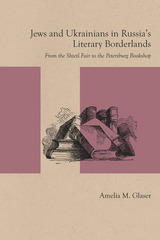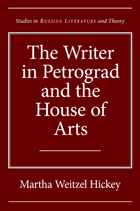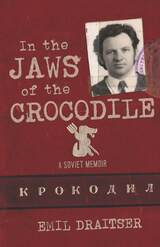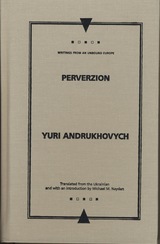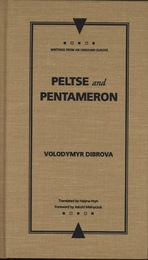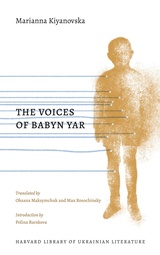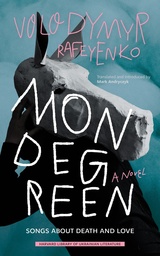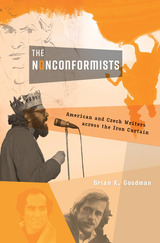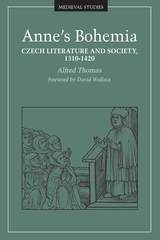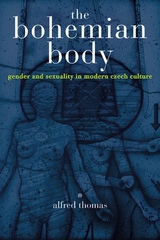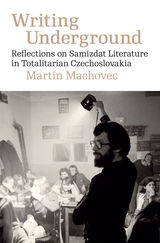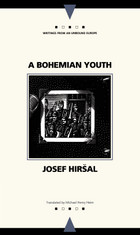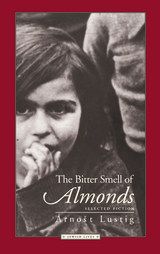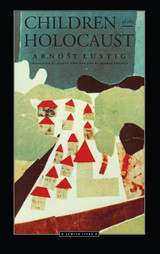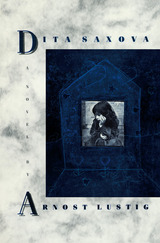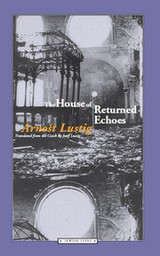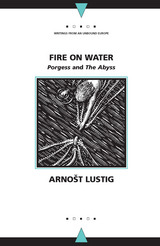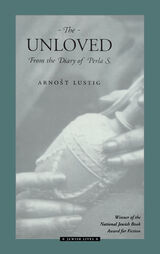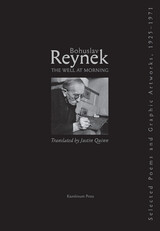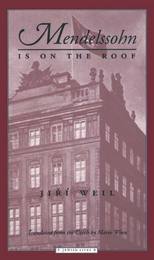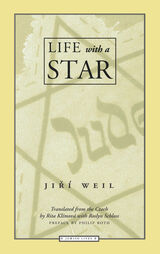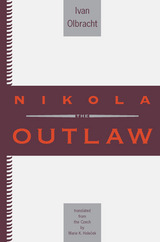The Bohemian Body: Gender and Sexuality in Modern Czech Culture
University of Wisconsin Press
Cloth: 978-0-299-22280-2 | eISBN: 978-0-299-22283-3
Library of Congress Classification PG5006.3.G46T48 2007
Dewey Decimal Classification 891.865093538
Cloth: 978-0-299-22280-2 | eISBN: 978-0-299-22283-3
Library of Congress Classification PG5006.3.G46T48 2007
Dewey Decimal Classification 891.865093538
ABOUT THIS BOOK | AUTHOR BIOGRAPHY | REVIEWS | TOC | EXCERPT | REQUEST ACCESSIBLE FILE
ABOUT THIS BOOK
The Bohemian Body examines the modernist forces within nineteenth- and twentieth-century Europe that helped shape both Czech nationalism and artistic interaction among ethnic and social groups—Czechs and Germans, men and women, gays and straights.
By re-examining the work of key Czech male and female writers and poets from the National Revival to the Velvet Revolution, Alfred Thomas exposes the tendency of Czech literary criticism to separate the political and the personal in modern Czech culture. He points instead to the complex interplay of the political and the personal across ethnic, cultural, and intellectual lines and within the works of such individual writers as Karel Hynek Mácha, Bozena Nemcová, and Rainer Maria Rilke, resulting in the emergence and evolution of a protean modern identity. The product is a seemingly paradoxical yet nuanced understanding of Czech culture (including literature, opera, and film), long overlooked or misunderstood by Western scholars.
By re-examining the work of key Czech male and female writers and poets from the National Revival to the Velvet Revolution, Alfred Thomas exposes the tendency of Czech literary criticism to separate the political and the personal in modern Czech culture. He points instead to the complex interplay of the political and the personal across ethnic, cultural, and intellectual lines and within the works of such individual writers as Karel Hynek Mácha, Bozena Nemcová, and Rainer Maria Rilke, resulting in the emergence and evolution of a protean modern identity. The product is a seemingly paradoxical yet nuanced understanding of Czech culture (including literature, opera, and film), long overlooked or misunderstood by Western scholars.
See other books on: Culture in motion pictures | Czech Republic | Gender identity in literature | Sex role in literature | Sexuality
See other titles from University of Wisconsin Press

